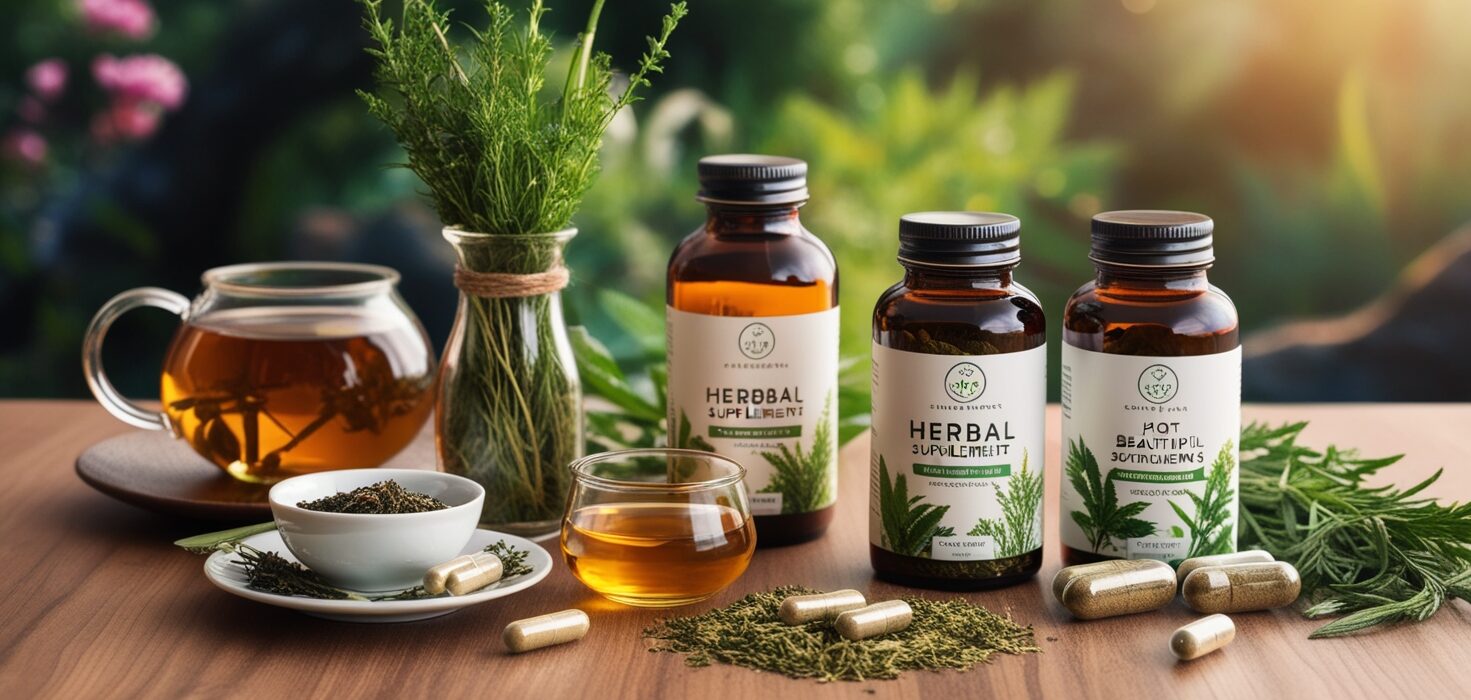
Herbal supplements and traditional medicine have roots that dig deep into the Earth’s history. These two different health approaches reflect humanity’s continuous dance with the natural world. Herbal supplements typically involve using plant-based substances like teas, oils, and powders designed to support health and well-being.
Traditional medicine, on the other hand, often integrates the natural world into a more structured form of treatment. It includes a variety of cultural practices that may involve herbal remedies but also encompasses things like acupuncture, the use of medicinal plants, and even holistic approaches. Traditional medicine often draws on centuries of accumulated wisdom passed down through generations.
What makes these practices stand apart are their sources and preparations. Herbal supplements are often made from specific parts of plants like leaves, roots, or flowers. People may consume these in capsules, extracts, or teas. Traditional medicine might include these herbs but goes a step further by integrating them into rituals or therapies aimed at achieving balance in the body.
In today’s global world, there’s a growing interest in combining herbal supplements with traditional medicine. Some people seek out these treatments to complement conventional medical care, while for others, these natural approaches are a primary mode of healthcare. The key is finding a balance that respects cultural roots while embracing modern scientific insights.
Weighing Benefits and Risks: A Comparative Analysis
Diving into the world of herbal supplements can be like opening a door to a place filled with possibilities for natural health boosts. Herbs like turmeric, ginger, and ginseng have carved a space for themselves thanks to research touting their benefits in reducing inflammation, enhancing digestion, and sharpening your focus.
Yet, it’s crucial to approach with an awareness of the edges. Imagine overdosing on a seemingly harmless herbal supplement and experiencing adverse effects. That’s why it’s critical to check doses, listen to your body, and, when in doubt, ask a healthcare professional who knows the ins and outs.
Traditional medicine also stands strong, as many of its practices are backed by a blend of cultural wisdom and growing scientific support. Approaches such as Ayurveda and Traditional Chinese Medicine offer comprehensive systems aimed at treating the body as a whole, rather than just addressing isolated symptoms.
But, just as with herbal remedies, navigating traditional medicine calls for due diligence. Understanding that effectiveness can vary depending on individual needs and health conditions is vital. Also, it’s important to consider the availability of these practices and their costs, which can significantly differ depending on where you are in the world.
Then, there’s the question of regulation. The herbal supplement industry isn’t regulated uniformly across the globe, leading to variations in quality and safety standards. In comparison, traditional medicine often follows systems that have specific guidelines, particularly in places where it’s deeply integrated into the healthcare system.
Crafting a personal health plan means weighing these factors carefully. Look at reliable studies, consider expert advice, and remember that your personal experiences and outcomes are important pieces of this puzzle. It’s about figuring out what combination, if any, works best for you to maintain your health and well-being.
